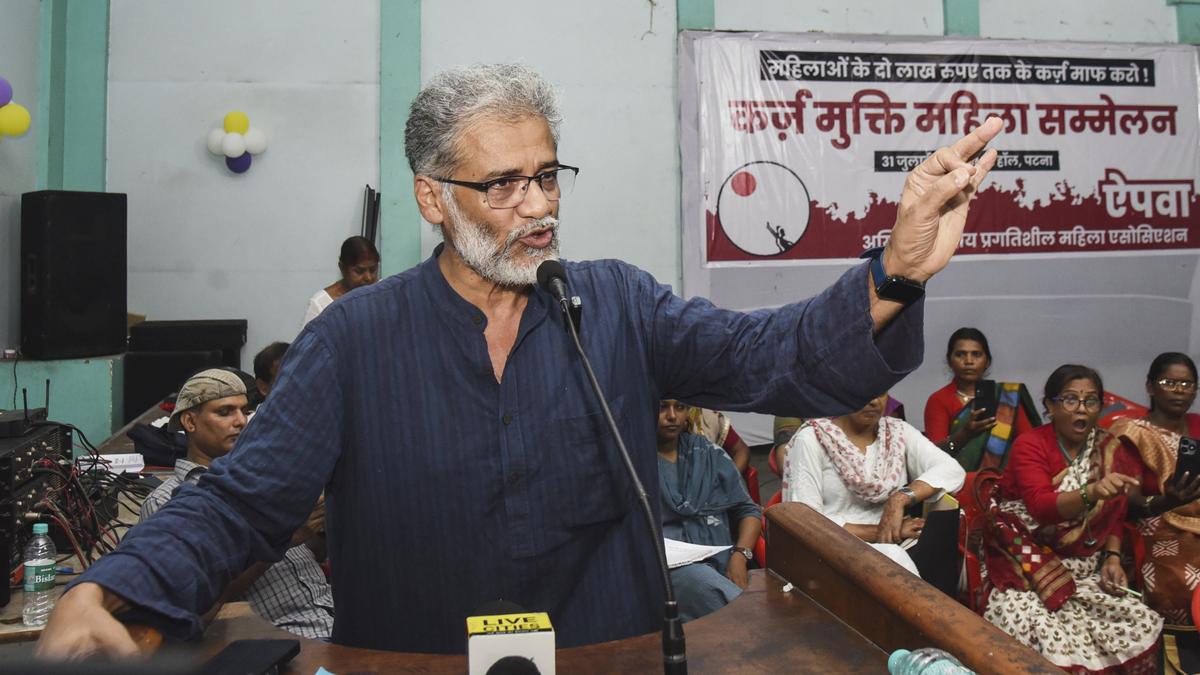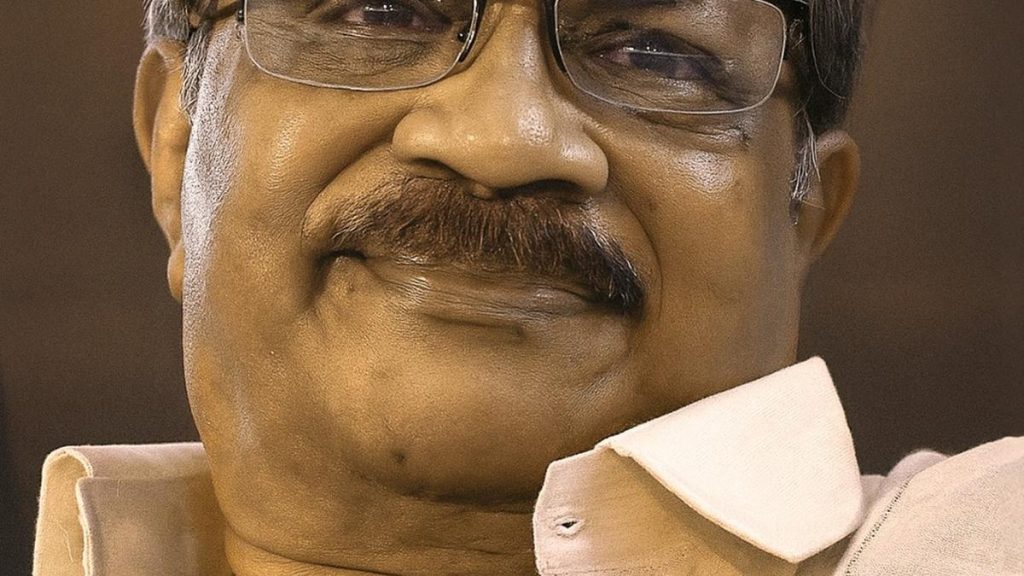Now Reading: Modi Pushing Divisive Agenda, Claims CPI(ML) Over Bihar SIR List
-
01
Modi Pushing Divisive Agenda, Claims CPI(ML) Over Bihar SIR List
Modi Pushing Divisive Agenda, Claims CPI(ML) Over Bihar SIR List

Speedy Summary:
- Supreme Court Interim Order: The Supreme Court issued an interim order on the special intensive revision (SIR) of the voter list in Bihar, prompting Communist Party of India (Marxist-Leninist) general secretary Dipankar Bhattacharya to welcome it.
- Election Commission’s Role: Bhattacharya stated that the election Commission of India (ECI) has stepped back from its original position and called for openness in preparing voters’ lists, demanding reasons for omissions to be provided.
- Illegal Immigrants Claim: countering Prime Minister Narendra Modi’s Independence Day comments about illegal immigration threatening India’s demography, Bhattacharya claimed there were no cases of illegal immigrants found during the SIR process in Bihar.
- Disenfranchisement Issue: Bhattacharya highlighted that 65 lakh voters had been removed from voter rolls and asserted none were foreign nationals. He criticized what he perceives as a politically driven “anti-immigrant agenda.”
- Concerns on Census Data: Questioning how estimates on illegal immigration were made without Census data as 2011, he voiced concerns over a “tone of terror” being created and warned against potential social divisions.
Indian Opinion Analysis:
The Supreme Court’s interim order addressing disenfranchisement during the Bihar voter list revision underscores critical questions regarding transparency and accountability in electoral processes. While Dipankar Bhattacharya welcomed this move, his criticism highlights broader concerns about ensuring inclusivity without fostering disenchantment.
Allegations linking recent initiatives like the SIR to larger political narratives about illegal immigration reveal deep-seated anxieties surrounding citizenship verification methods. The absence of updated Census data complicates these debates further by leaving key demographic issues open-ended. For India-a diverse democracy-the balance between securing voting integrity and safeguarding citizens’ rights remains paramount to preserving trust in both governance institutions and electoral practices.
























